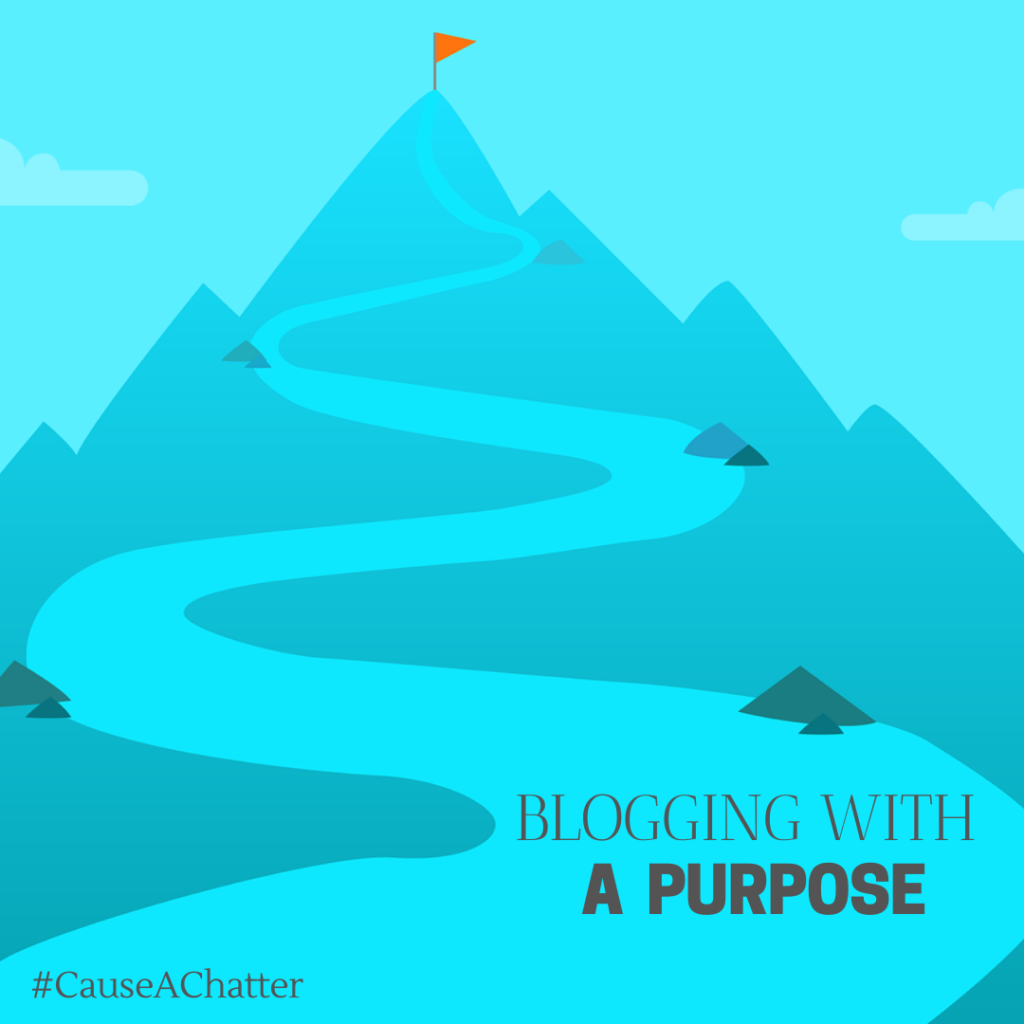Treating IBS- Part 2 #MentalAwareness #IBS
Table of Contents
Irritable Bowel Syndrome or Disease is a chronic condition affecting the larger intestines leading to variable symptoms like pain abdomen, cramps, loose mucoid stools constipation, various deficiencies. It’s a disease of the modern era approximately 3-20% of the population is suffering from IBS and Stress is a major Trigger factor of IBS.
IBS is associated with Psychiatric Diseases in 50-90% of the cases. Male: Female ratio is 1:2.
Major diseases associated are:
- General anxiety disorder (GAD)
- Major Depressive Episodes (MDE)
- Anxiety disorder
The diseases are directly aggravated by the level of stress and so does the IBS. Treatment of IBS includes medical management, Diet modifications, Lifestyle modifications & better Mental Health.

Treatment Module of IBS:
- Combination of Psychotherapy + Psychotropic Drugs
- Symptomatic Treatment
- Psychotherapeutic intervention
- Cognitive Behavioural Therapy
There’s No Cure of IBS only supportive management.
Psychotherapy & Psychotropic Drugs
Psychotherapy is long-term counseling that addresses the way disease is affecting daily life and makes them understand the disease so that they could cope with the symptoms and lead a normal life.
Psychotropic drugs act on emotions, mind, and behavior. IBS is mainly a stress-related disease so the drugs are specifically used in IBS to reduce stress and depression.
- SSRI/ SNRI
- TCA

These are anti-depressive drugs that help:
- Reducing pain effect on peripheral receptors
- Visceral hypersensitivity is reduced
- GI motility improves
- Reduces stress and depression
Symptomatic Medical Management:
- Antispasmodic Medications: to reduce the persistent cramping of the stomach
- Bulk-forming Laxatives: it helps in relieving constipation but use it with caution because IBS fluctuated between constipation and Diarrhea frequently
- Antimotility Medication: it helps in reducing diarrhea
- Tricyclic Antidepressants (TCA): they help in reducing stress and helps in abdominal cramps.
Psychotherapeutic intervention:
It works on the mental status of the patient and helps him in dealing with the disease. it has various modes like:

- Relaxation techniques
- Mind Detox
- Yoga/ Tai-Chi
- Meditation
- Hypnosis
- Mindfulness therapy: it teaches you to focus on the present and let go of troubling thoughts and worries.
Cognitive Behavioural Therapy
CBT acts on the frontal area of the brain and they modify the cognitive, behavioral & emotional response towards the symptoms. The insight of the patient is developed so that he can recognize the disease and the symptoms so that they intervene in their thoughts and behaviors even the response to improve the emotions and mood.
The therapy teaches patients to catch and change unhelpful thinking patterns and immediately engage in relaxation exercises they are taught to change behaviors i.e. avoidance and isolation which may contribute to physical or psychological distress and anxiety.
The overall focus of CBT is to reduce anxiety thereby allaying the acute exacerbation and improves the social functioning.
For more on IBS read: Understanding IBS & Treating IBS Part 1
With this post, I’m joining the initiative by Blogchatter to #CauseAChatter. I’d love to spread knowledge on the dreaded topic of Mental illness through a series of posts throughout the year. if you also want to blog with a cause and want to make a difference then join Here

Disclaimer: This article is for reference purposes only, under no circumstances it should be used as a replacement for medical opinion by Professionals. Any decision regarding health and health care should be taken after professional advice only. Health care advice and information shared by the author are best to her knowledge. We disclaim all responsibilities for any inadvertent omission/ commission by the author or the website.
References:
- Lydiard, RB, and Falsetti, SA (1999). Experience with anxiety and depression treatment studies: implications for designing irritable bowel syndrome clinical trials. Am J Med. 107, 65S-73S
- Fukudo, S, Kaneko, H, and Akiho, H (2015). Evidence-based clinical practice guidelines for irritable bowel syndrome. J Gastroenterol. 50, 11-30
- Mayer, EA, Craske, M, and Naliboff, BD (2001). Depression, anxiety and the gastrointestinal system. J Clin Psychiatry. 62, 28-36.
- http://www.jnmjournal.org/journal/view.html?doi=10.5056/jnm16166
- https://www.healio.com/gastroenterology/irritable-bowel-syndrome/news/online/%7Bf84b2280-f93e-465b-b906-55fe250f3026%7D/antidepressants-psychological-therapies-reduce-ibs-symptoms
- https://www.mayoclinic.org/diseases-conditions/irritable-bowel-syndrome/symptoms-causes/syc-20360016


Mental health is something which need to be explained and shared ..I really like this detailed post with right symptoms we should be aware of!!
Thanks for sharing this information on IBS. Mental Health is something we need to be more aware of !
Never know that mental health and IBS is so strongly connected. Informative post
Everything is interconnected in our body but never imagine that it is so much. I really loved reading this post and have taken your tips to stay healthy.
Oh I didnt know Irritable bowel syndrome is connected to mental well being.. Thanks for this info.
I had never thought that IBS could be related to mental health but it makes so much sense. Thanks for sharing this important information.
Mental health is something that many people ignore but it is necessary to be aware of symptoms and take action on time.
Mental health is something we often neglect but should be taken as prior care. Glad I bmpped here to read this important piece of information.